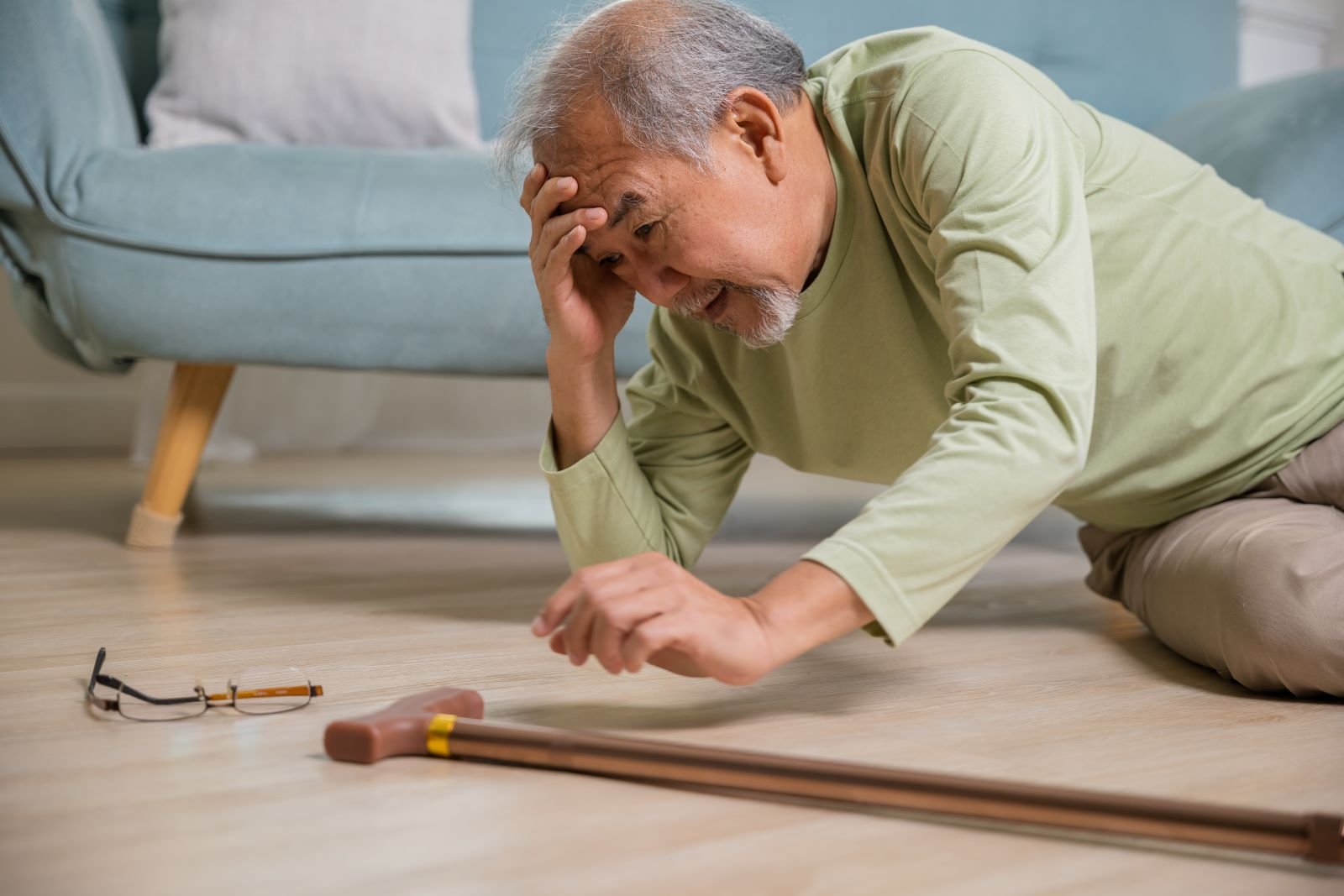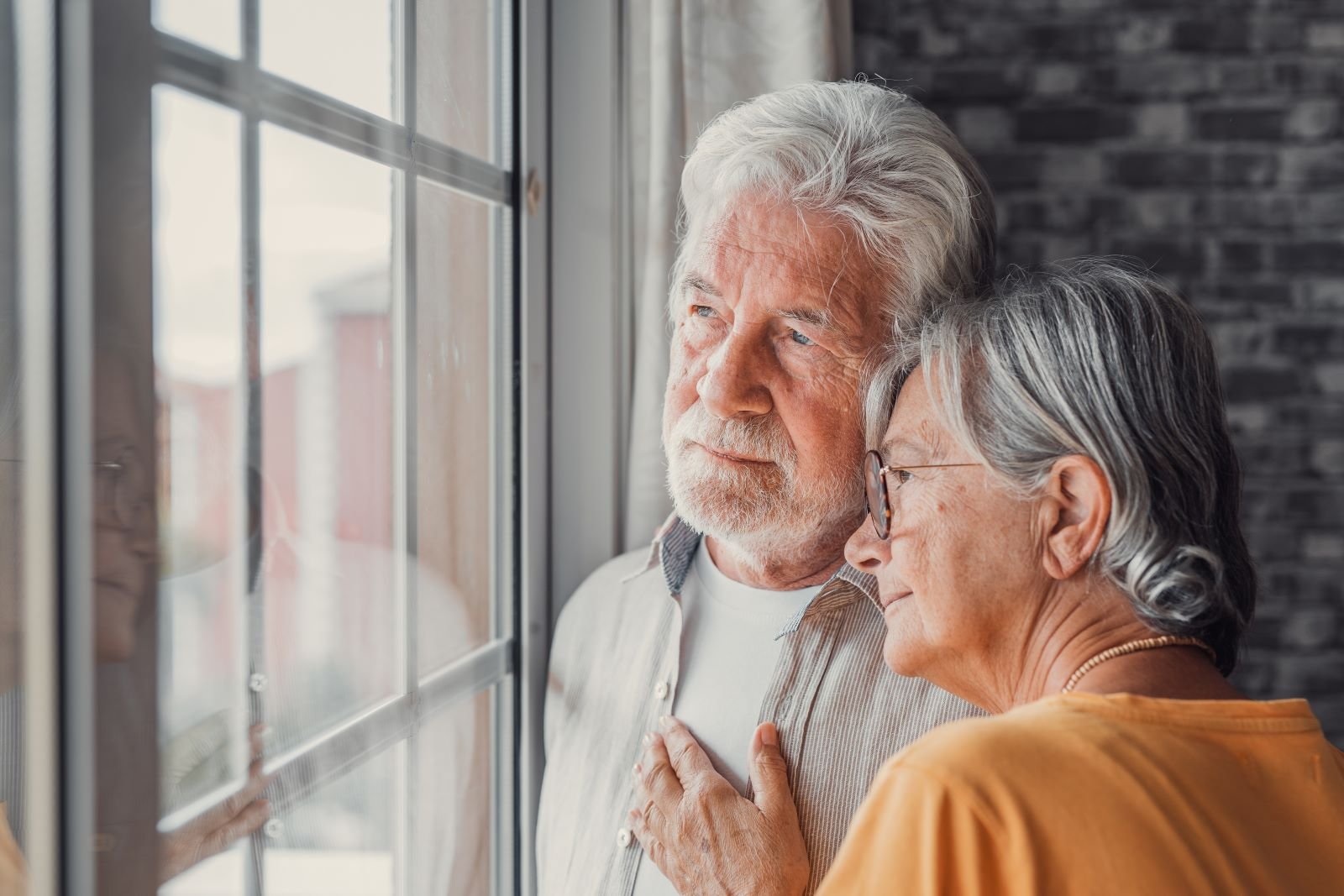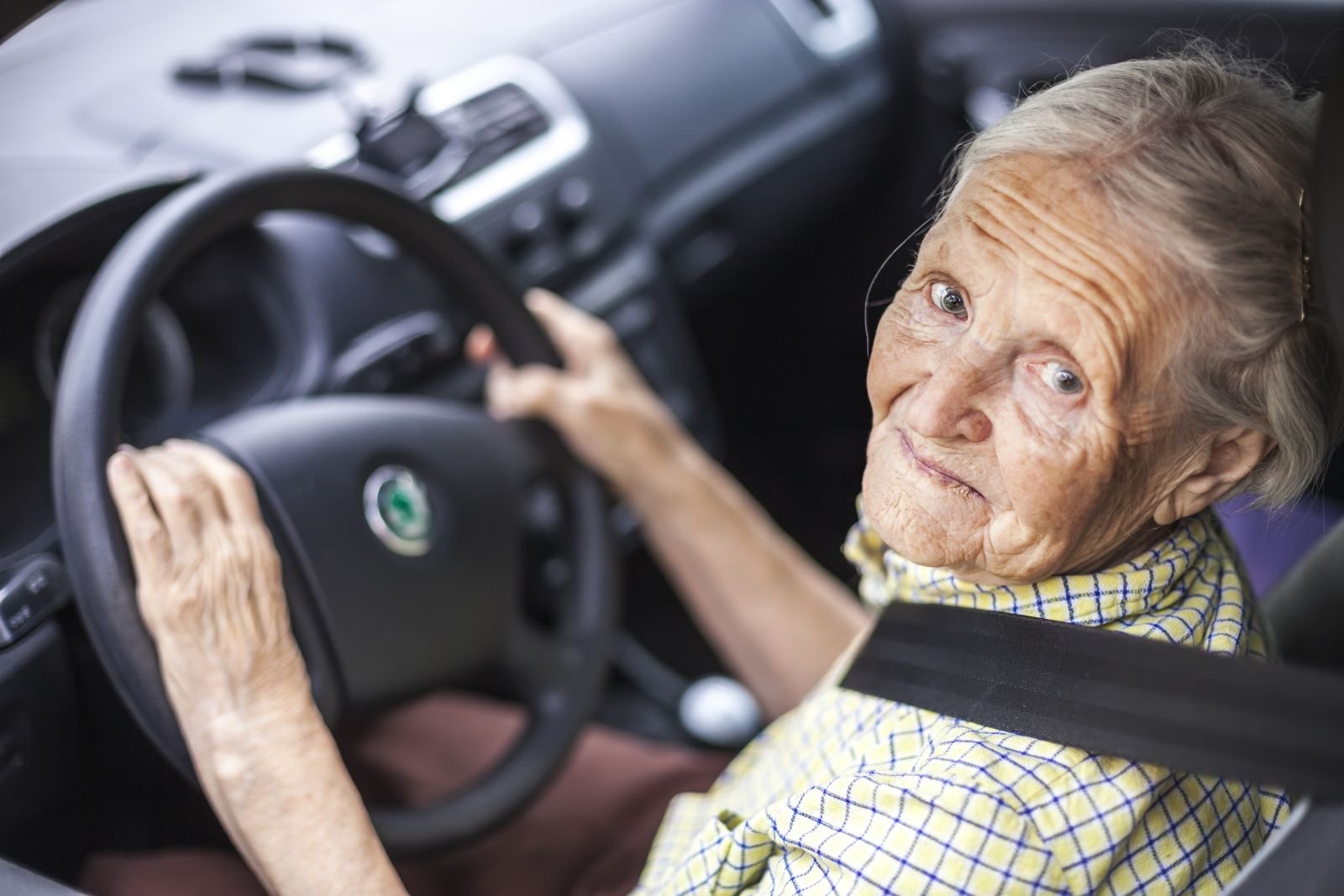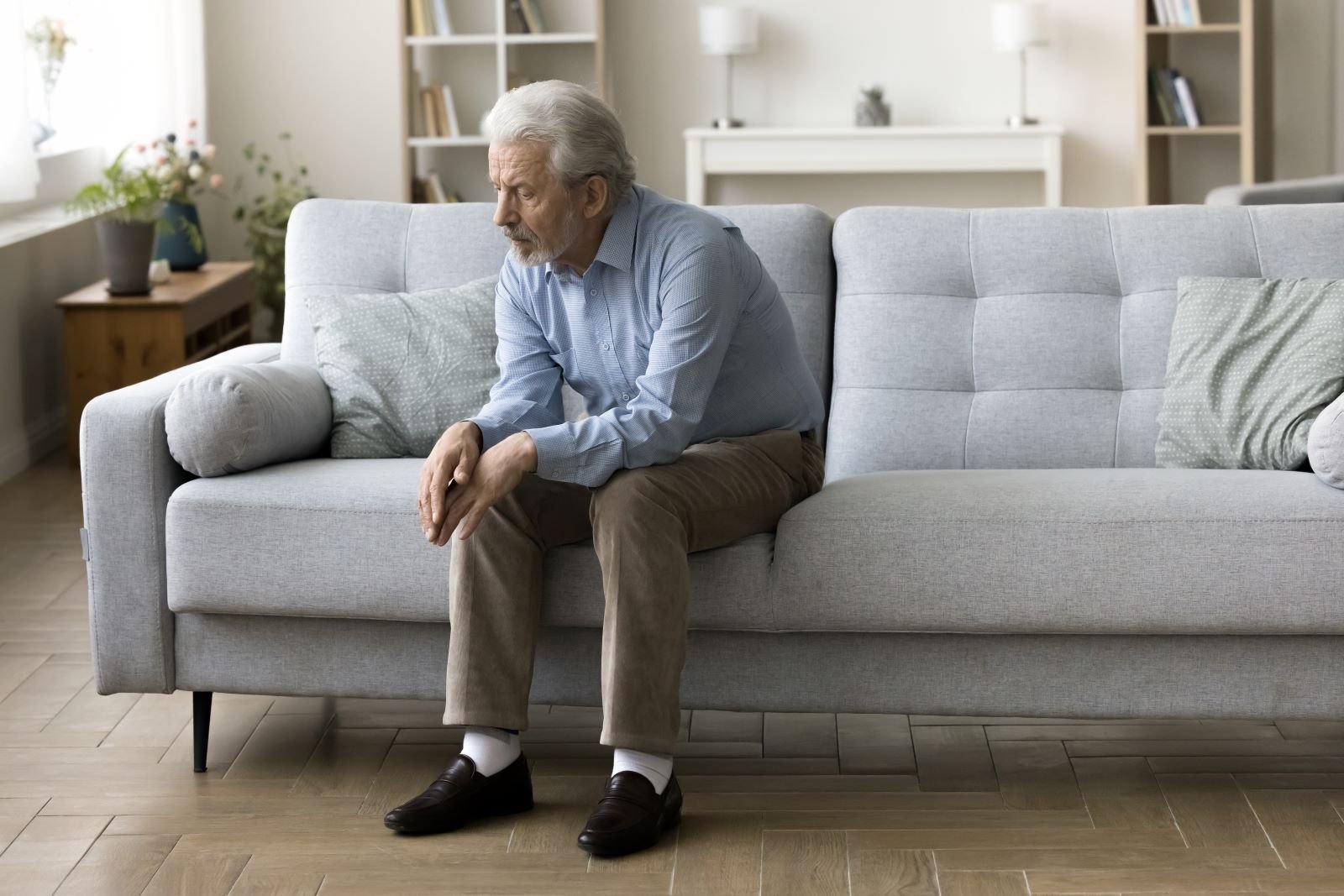As the population ages, more seniors choose to live independently. While this decision allows for greater freedom and autonomy, it also presents various risks. Living alone can exacerbate health problems, increase the likelihood of accidents, and lead to social isolation. Here are the most common mistakes made by seniors living alone that can significantly increase their risk.
Neglecting Regular Health Check-Ups

Many seniors living alone may skip regular health check-ups due to mobility issues, forgetfulness, or the misconception that they are unnecessary. Preventive health services can significantly reduce the risk of disease and disability among seniors. Regular health assessments ensure that chronic conditions like hypertension and diabetes are managed effectively, preventing complications that can arise from neglect.
Medication Mismanagement

Studies show that nearly 55% of seniors take their medications incorrectly, leading to hospitalizations and other complications. Medication errors, such as taking the wrong dose or mixing incompatible drugs, are common and can have severe health consequences.
It’s essential for seniors to have a system in place, such as pill organizers or medication management apps, to ensure they take their medications as prescribed.
Poor Nutrition and Malnutrition

The National Council on Aging reports that malnutrition in seniors can result in weakened immune systems, slower healing, and increased hospital admissions.
Factors contributing to poor nutrition include difficulty in preparing meals, decreased appetite, and dietary restrictions due to medical conditions. Seniors should be encouraged to maintain a balanced diet rich in fruits, vegetables, lean proteins, and whole grains to support overall health. Read more
Increased Risk of Falls

Factors such as poor balance, weakened muscles, and environmental hazards like slippery floors and loose rugs can increase the risk of falls. The CDC notes that one out of four falls each year result in serious injuries like hip fractures in seniors. To mitigate this risk, homes should be assessed for fall hazards and modified accordingly. Installing grab bars in bathrooms, ensuring proper lighting, and removing tripping hazards are effective measures.
Social Isolation and Loneliness

Loneliness has been linked to higher rates of depression, anxiety, and cognitive decline.
The National Institute on Aging highlights that social isolation can increase the risk of early death by 26%, comparable to the health risks associated with smoking 15 cigarettes a day. Regular social interaction is essential for emotional well-being. Seniors should be encouraged to engage in community activities, maintain relationships with family and friends, and consider living arrangements that provide social opportunities, such as senior living communities.
Financial Mismanagement and Scams

Elder financial abuse is a significant concern, with seniors losing an estimated $36.5 billion annually to fraud and exploitation. Common scams targeting seniors include phishing schemes, fake charities, and fraudulent investments. It’s crucial for seniors to be educated about these scams and to have a trusted person to assist with financial management. Legal tools like power of attorney can also help protect seniors from financial exploitation. Read more
Ignoring Home Safety

This includes ensuring that the home is free from hazards that could cause falls, such as loose carpets, poor lighting, and cluttered walkways. Additionally, ensuring that smoke detectors and other safety devices are functional can prevent accidents. Regular safety audits of the home can identify potential risks and provide opportunities for improvements. Simple modifications, such as installing ramps and using non-slip mats, can make a significant difference in preventing accidents.
Decreased Ability to Handle Emergencies

Living alone means there may not be immediate help available in case of an emergency, such as a fall, fire, or medical issue. This delay in receiving help can lead to worse outcomes. Personal emergency response systems (PERS) are a valuable tool that can provide immediate assistance at the push of a button. These systems can be worn as pendants or wristbands and are connected to emergency services, ensuring that help is available quickly. Regular drills and familiarization with emergency procedures can also prepare seniors to respond effectively in crisis situations.
Driving Difficulties

As seniors age, their driving abilities can decline due to diminished vision, slower reaction times, and decreased cognitive functions. This can lead to accidents and pose a risk not only to themselves but also to others on the road. It is essential for seniors to regularly evaluate their driving skills and consider alternative transportation options if necessary. Public transportation, ride-sharing services, or senior shuttle services can provide safe and reliable alternatives, allowing seniors to maintain their independence without compromising safety.
Overlooking Mental Health Issues

Depression, anxiety, and dementia are common in older adults but frequently go unnoticed or untreated. According to the Alzheimer’s Association, someone in the United States develops Alzheimer’s disease every 65 seconds, and early diagnosis can significantly improve quality of life. Regular mental health screenings and prompt treatment of psychological issues are crucial. Cognitive therapies, social engagement, and sometimes medication can help manage symptoms and improve mental health outcomes.
Failing to Seek Help for Daily Activities

Daily activities such as cooking, cleaning, and personal hygiene can become difficult for seniors. However, many are reluctant to seek help due to a desire to maintain independence. Assistance with these activities can improve quality of life and reduce the risk of accidents and health issues.
Home health aides or visiting caregivers can provide the necessary support while allowing seniors to stay in their own homes. Family members can also play a supportive role by helping with household tasks or arranging for professional help when needed.
Ignoring the Importance of Physical Activity

Many seniors do not get enough exercise, which can lead to muscle atrophy, joint problems, and a higher risk of falls. Encouraging even light activities such as walking or stretching can make a significant difference. Exercise programs tailored for seniors, such as water aerobics or yoga, can help maintain fitness levels and improve overall well-being. Physical activity also has mental health benefits, reducing symptoms of depression and anxiety..
Poor Financial Planning

Lack of financial planning can lead to running out of funds for necessary expenses like healthcare, home maintenance, and daily living costs. It’s important for seniors to have a clear financial plan that includes savings, insurance, and budgeting to ensure their needs are met. Consulting with a financial advisor can help seniors create a sustainable financial plan that accounts for potential future expenses.
Avoiding Technology

Many seniors are hesitant to embrace new technology, which can enhance their safety and connectivity. Devices like smartphones, tablets, and home assistants can help seniors stay in touch with loved ones, manage medications, and access emergency services. Technology can also provide entertainment and mental stimulation through online games, virtual tours, and educational programs.


